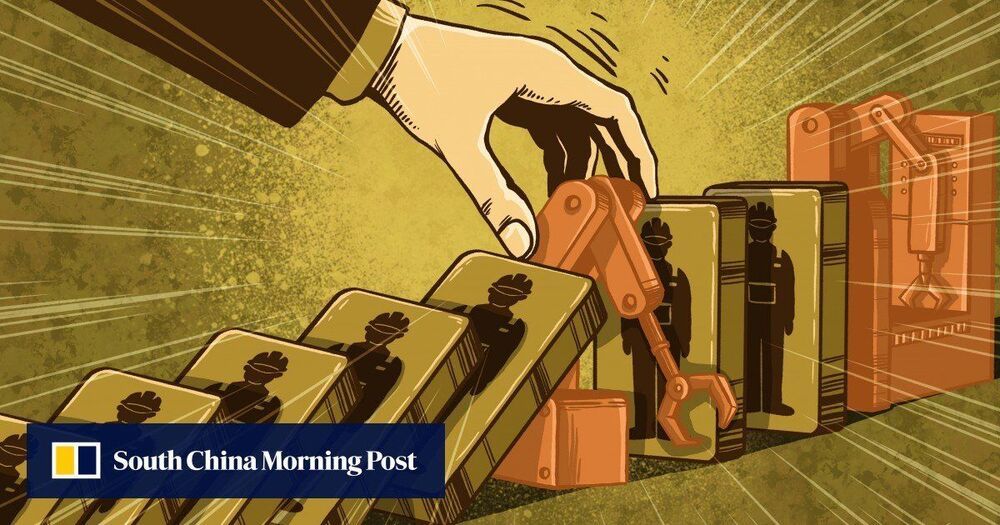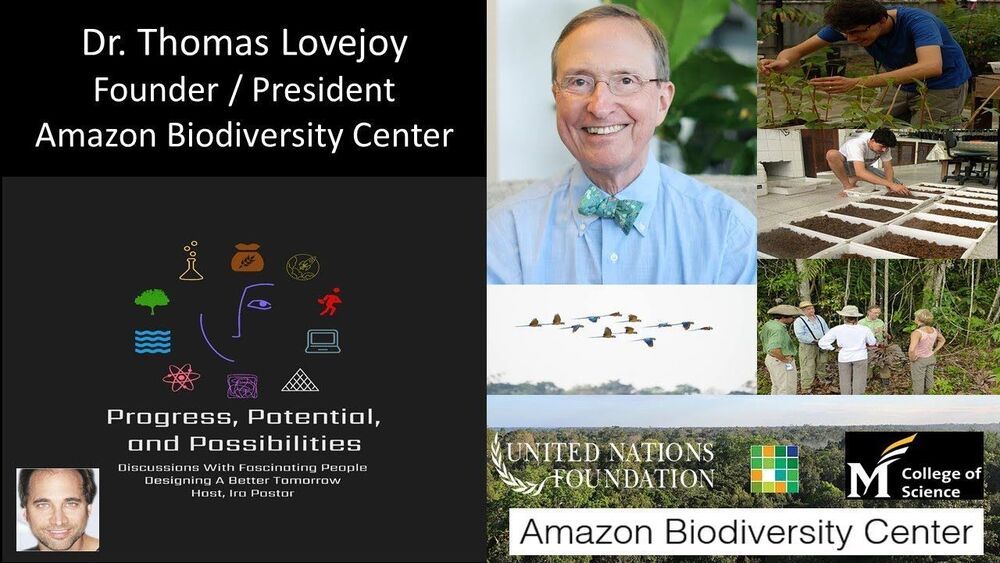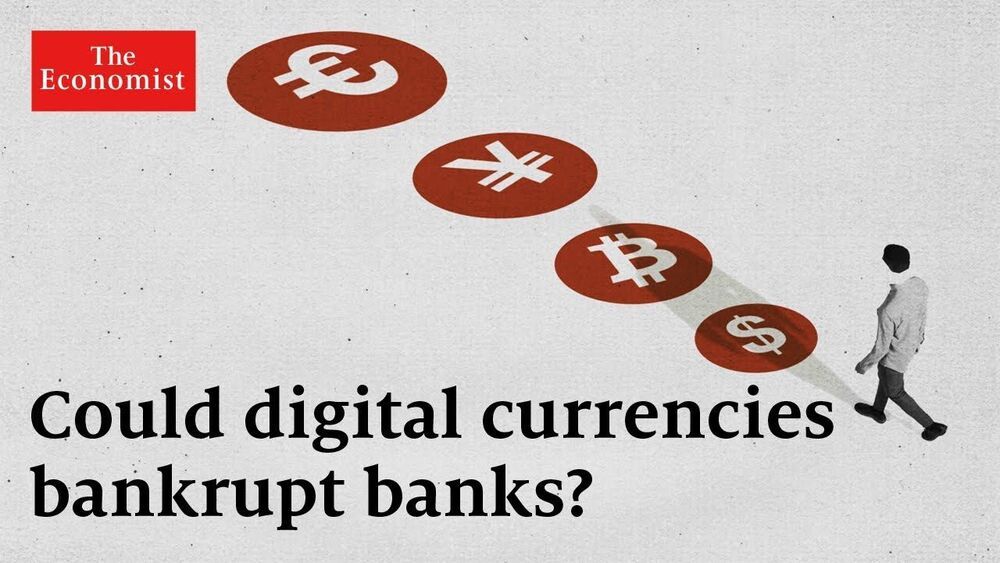May 31, 2021
Germany to invest around $10 bln in hydrogen projects
Posted by Derick Lee in categories: chemistry, climatology, economics
Germany will invest more than 8 billion euros ($9.74 billion) to fund large-scale hydrogen projects, the Economy and Transport ministries said on Friday, in a step to scale up hydrogen as an alternative to fossil fuels to meet climate targets.
The 62 German projects, supporting chemical, steel and transport industries, are part of a joint European hydrogen project called Hydrogen-IPCEI, the ministries added.
“The fact is: we must and WANT to urgently promote the switch to climate-friendly mobility,” said Transport Minister Andreas Scheuer in a statement.

















